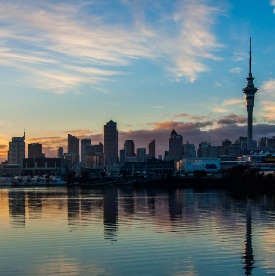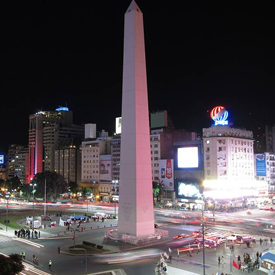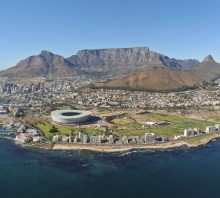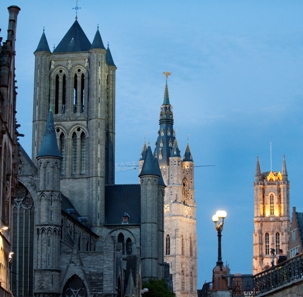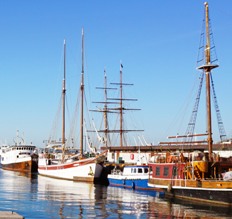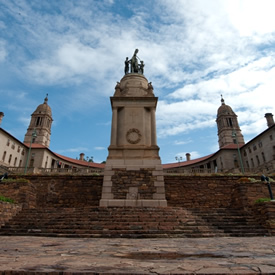LATEST SPOTLIGHTS
Tshwane proves it takes a village...to become more sustainable
GLCN Member and network chair, the City of Tshwane (South Africa) has long held ambitions of becoming a regional leader in green economy and sustainability. Since 1994, the City has been being using public procurement as a key policy instrument to meet this goal.
Under the City’s Vision 2055 strategy, the City aims to improve the quality of life of its citizens, revitalise the economy and industrial development, regenerate townships and attract investment, while committing itself to a path of sustainable economic growth, one in which economic growth is decoupled from natural resource use and negative impacts.
Since launching the strategy in 2013, the City has already seen some notable achievements, with the creation of the City sustainability unit in 2013, which has since become a catalyst in driving Green economy innovations and ensuring that sustainability is being mainstreamed into City operations. They have also seen steadily increasing importance given to sustainable procurement as a tool to reach the City’s sustainability goals.
Through their involvement with GLCN, the City has set itself a number of notable sustainable procurement targets and has sought innovative ways to meet them. One such innovative project spearheaded by the City is the agropolitan village.
The agropolitan village, which is located on a 200 hectare allotment in Bronkhorstspruit (South Africa), consists of a livestock farm, a photo-voltaic solar power plant, and a biogas plant.
The farm serves as both an active farm for livestock production and a business support hub to deliver agricultural extension services, allowing small scale farmers to be connected and provided with integrated solutions for food and energy production.
The farm not only allows the City of Tshwane to increase their food security, making the City’s food network more local, and resilient, but the manure produced has also been used as a source of energy.
The biogas plant at the village collects livestock manure from the farm and breaks it down so that the methane can be extracted and used as a source of energy.
According to REN 21’s renewable energy and energy efficiency status report from 2015, which includes a detailed overview of the biogas plant, “A total of 300 tonnes of organic material is required daily, and the output of the feedlot [manure produced from the livestock] often falls below that, so the developer also has secured a supplementary feedstock (in the form of chicken abattoir waste, ice cream waste, food sludge, fruit and vegetable waste and paper recycling sludge).”
This means that the plant not only reduces the organic waste associated with the village, but also, by collecting and disposing of organic waste produced in the region, the village has positive impacts on neighbouring communities.
‘It takes a village to raise a child’ is an old Nigerian proverb. Now Tshwane is proving it takes a village to become sustainable. Rather, in this case, it take the agropolitan village, which is bringing a host of benefits to the region – increasing awareness around the importance of sustainable urban food production, renewable energy generation, SMME development, poverty reduction, employment creation, water use efficiency/optimisation, sustainable human settlements, and local economic development.
For more information about Tshwane, their sustainable procurement work, and their work within the GLCN network, visit their City profile.


